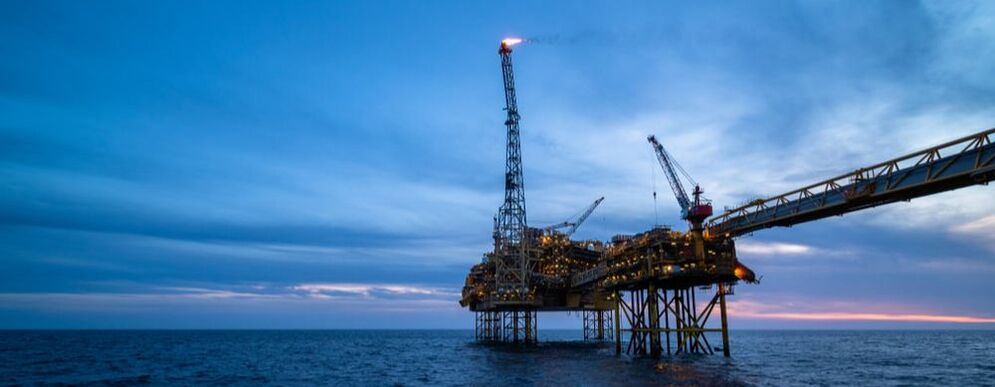We have all the tools to cut emissions, but time is short
As the latest climate science report from the IPCC report lands, it’s clear that while we have the solutions to limit warming to 1.5°C, we are fast running out of time to implement them, writes WWF’s Global IPCC Lead, Dr. Stephen Cornelius.
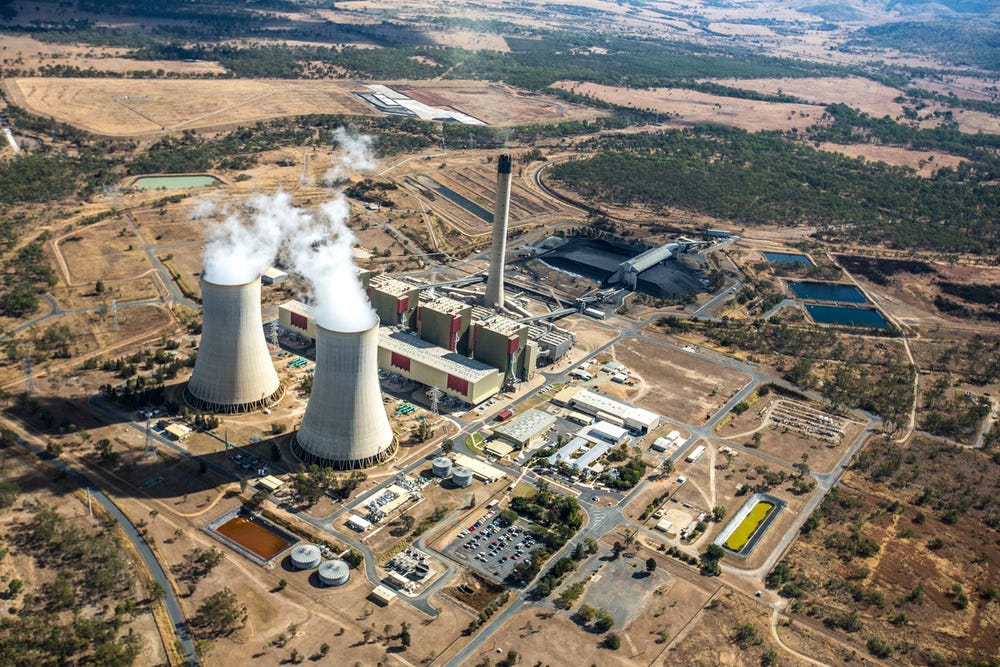
The science has been clear for years: man-made global warming is driven by greenhouse gas emissions from burning fossil fuels and the destruction of natural ecosystems. Our world has already warmed by 1.1°C above pre-industrial levels on average, and the climate-related hazards — from more extreme weather events to rising sea levels — are already adversely impacting people and nature across the globe. This will worsen as global temperature rises and every fraction of a degree of warming matters when it comes to climate risks. This is why there is an urgent need to hold the global temperature rise below 1.5°C to avoid the most catastrophic effects.
The latest report from the UN’s climate science body — the Intergovernmental Panel on Climate Change (IPCC) — contains few surprises to those paying attention. This third part of the IPCC Sixth Assessment Report covers the progress in limiting greenhouse gas emissions and the many solutions already available for cutting emissions, and it spotlights how much we still need to do.
The transition has begun
Fortunately, as the IPCC points out, what we need to do is well understood. We need to rapidly move the global economy away from polluting fossil fuels (coal, oil and gas) which are responsible for around 81% of global CO2 emissions. We must transition our energy, industry, agriculture and land-use, buildings and transport sectors to reduce their impact on our climate.
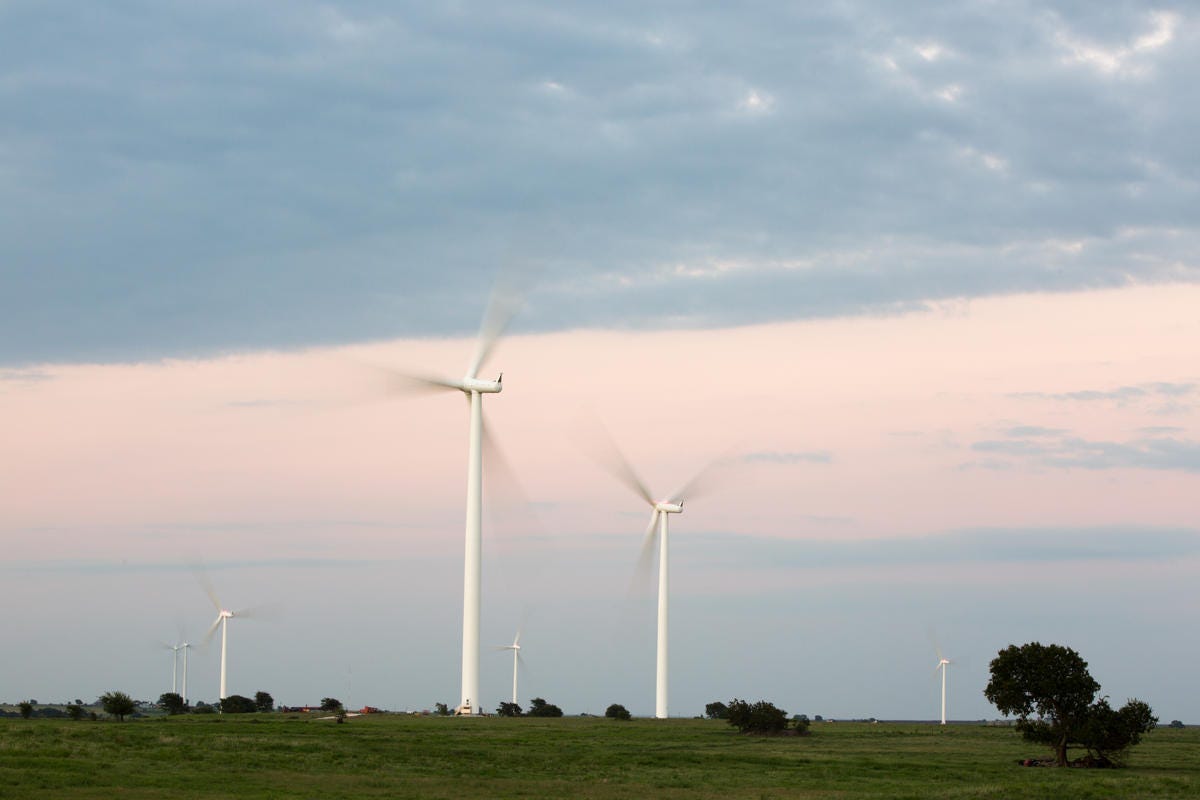
Those transitions are underway in many parts of the world. The new report shows how quickly some sectors in some countries have moved — between 2010 and 2019, the cost of solar energy and lithium-ion batteries (used for energy storage) decreased by a massive 85%, while wind energy costs dropped by 55%. The roll-out of solar energy increased 10 fold and electric vehicles 100 fold. There is increasing evidence of climate action and around 20 countries have shown they can reduce emissions through policy and economic measures, which have boosted energy efficiency, reduced rates of deforestation and increased renewable energy and low-carbon transportation. Solutions are now available in every sector to halve emissions by 2030 in line with a 1.5°C pathway.
This report makes it clear that actions to address the climate crisis can also provide so many other social, economic and environmental benefits. They can drive forward sustainable development by energy access to all, food security, thriving nature and improved health. Indeed, without ambitious action on climate change then sustainable development cannot be achieved.
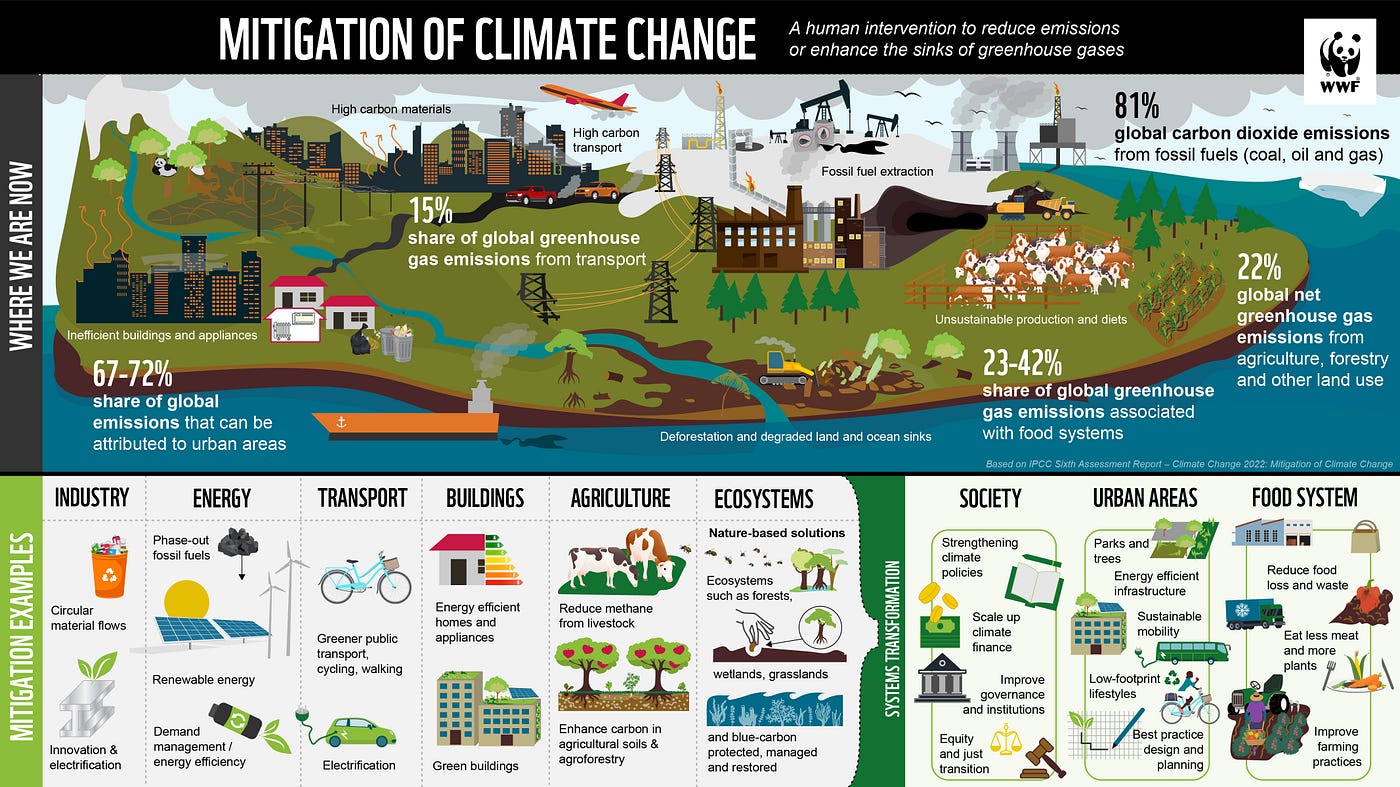
But while some parts of the world are rapidly embracing renewables and electrifying their transport systems, others are pressing ahead with fossil fuel-powered development. Our global food system is also trending in the wrong direction. According to the report it accounts for some 23–42% of emissions — from the use of fossil fuels for transport and refrigeration, the overuse of chemical fertilisers, methane from burping livestock, and through the release of carbon from deforestation and disturbed soils.
Systemic solutions
Governments’ pledges (nationally determined contributions or NDCs) fall way short of limiting warming to even 2°C; and the implementation of these pledges lags behind even further. We know what we need to do. We need more aggressive emission reduction targets. We need those targets to be implemented quickly by policies and regulations that mean climate change is taken into account at every level of government and in every business decision. We need money to be redirected from the bad stuff to the good stuff — removing fossil fuel subsidies, developed countries fulfilling the $100bn pledge to developing countries, institutions financing renewable rather than fossil energy. Without strengthening policies and providing the money, 1.5°C will be out of reach.
There are also many opportunities when it comes to reducing demand. For example, energy needs in buildings can be cut through better insulation and more energy efficient appliances. The need for more land can be reduced by optimising food production on existing land, moving to healthier diets that are produced within planetary boundaries and cutting food loss and waste. This kind of transformative, systemic change must be implemented carefully so that it is equitable and minimises the negative impacts of the transition on people and nature.
Is cutting emissions enough?
While it’s clear we first need rapid, deep and sustained cuts in emissions to prevent them from entering the atmosphere in the first place, we will also have to invest at scale in pulling carbon back out of the atmosphere. Our primary tool here is nature. By using nature-based solutions to protect and restore natural systems such as forests, peatland and seagrass meadows, enormous volumes of carbon can be captured and stored. If done right this can provide numerous other benefits: they can help protect against storm surges, provide habitats for wildlife, manage floodwaters and create jobs.
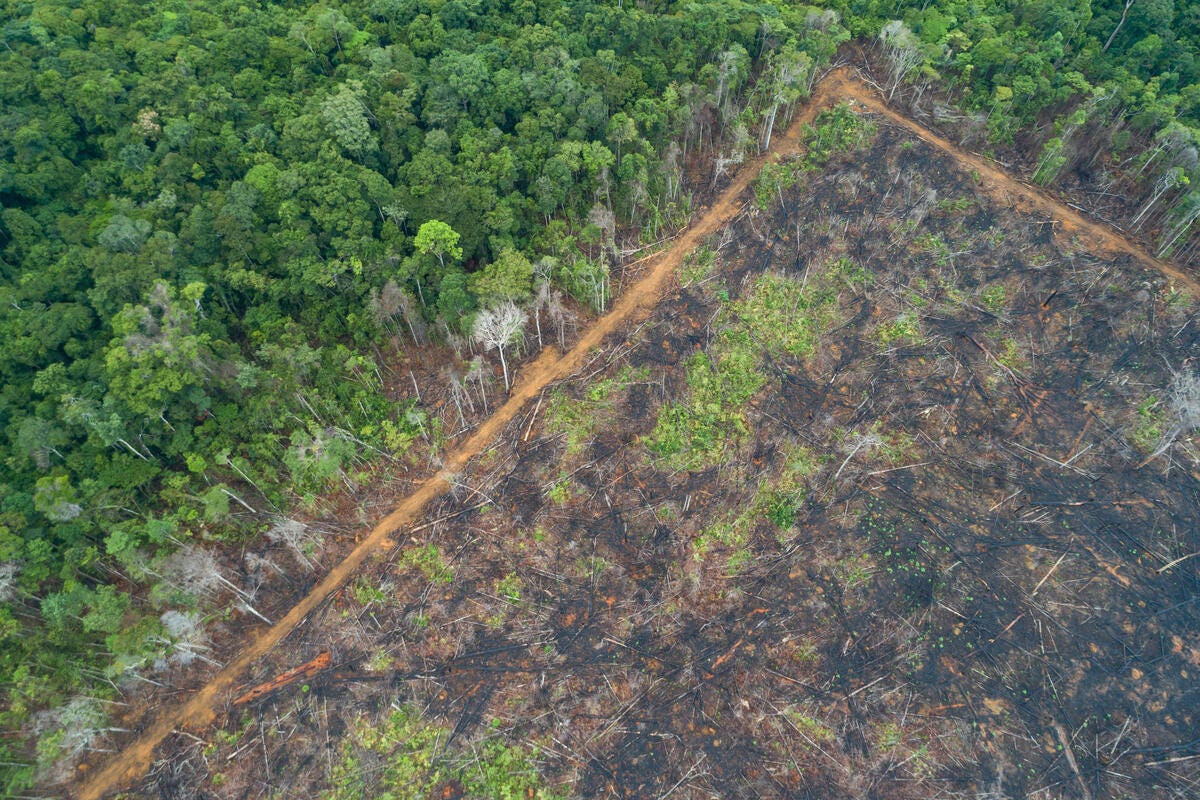
Despite decades of warnings from scientists and environmental groups like WWF, governments and businesses have procrastinated and delayed. This has made the needed rates of emission reduction steeper and more and more expensive.
It will always be better to not pollute in the first place than have to clean up after — but we may need to consider options that we have previously rejected involving carbon dioxide capture and storage (CCS). This technology, which involves scrubbing emissions from power plants and industrial processes and pumping it underground, is promoted by those with fossil fuel interests — likely to prolong their dying industry. Combining CCS with bioenergy crops (so-called BECCS), to produce power with ‘negative emissions’ also risks promoting large-scale monoculture plantations and further driving competition for land. These options still need more research and testing to understand their viability. They should not distract from the need to immediately cut emissions.
The time is now
The IPCC’s latest report makes one thing clearer than ever: we will miss the Paris Agreement’s 1.5°C goal unless emissions are cut now. Many of the opportunities and benefits of climate action diminish the more we delay and the slower we proceed. We must put all our effort into investing at scale in powering our societies more efficiently, using clean renewable energy, conserving and restoring nature, moving away from unsustainable business practices and leaving no one behind in this transition.
Every moment, every policy, every investment, and every decision matters to avoid further climate chaos.
It is encouraging to read positive actions taking place which hopefully spurs on more change. The rising price of electricity and gas is also taking its toll but it is possible to use less! The other problem is rising prices, everything is going up with a lot of shortages at the same time, these two alone are causing problems for everyone.
The blog song for today is: " Prince Charming" by Adam and the Ants
TTFN

